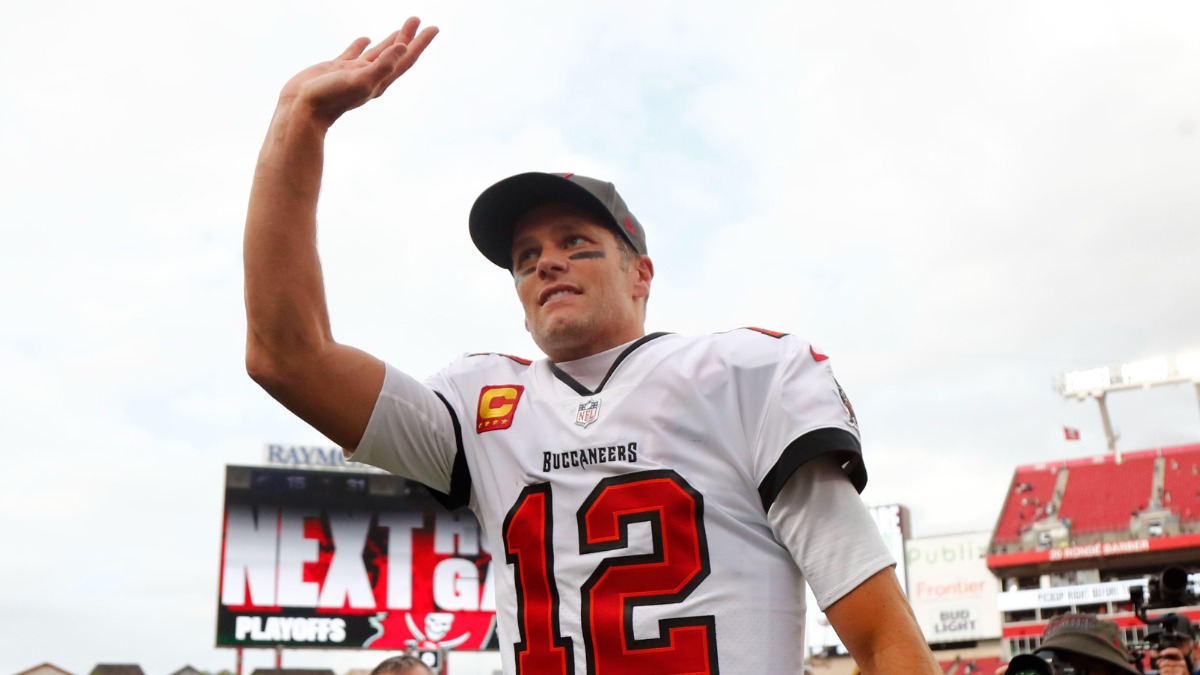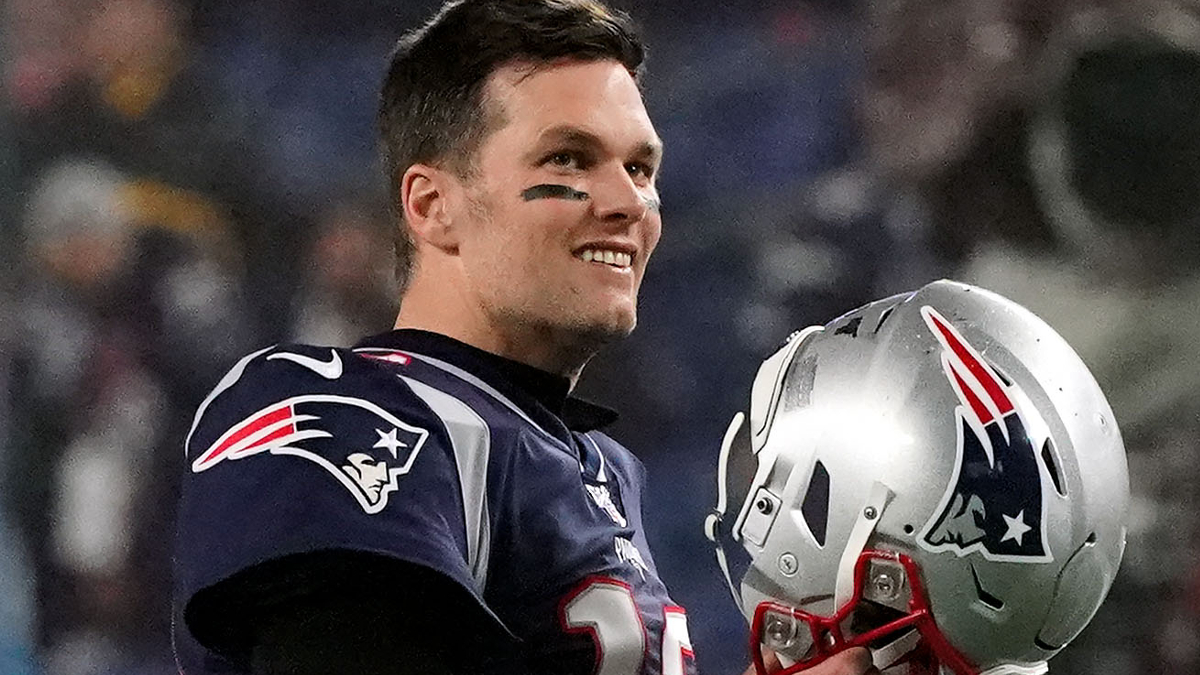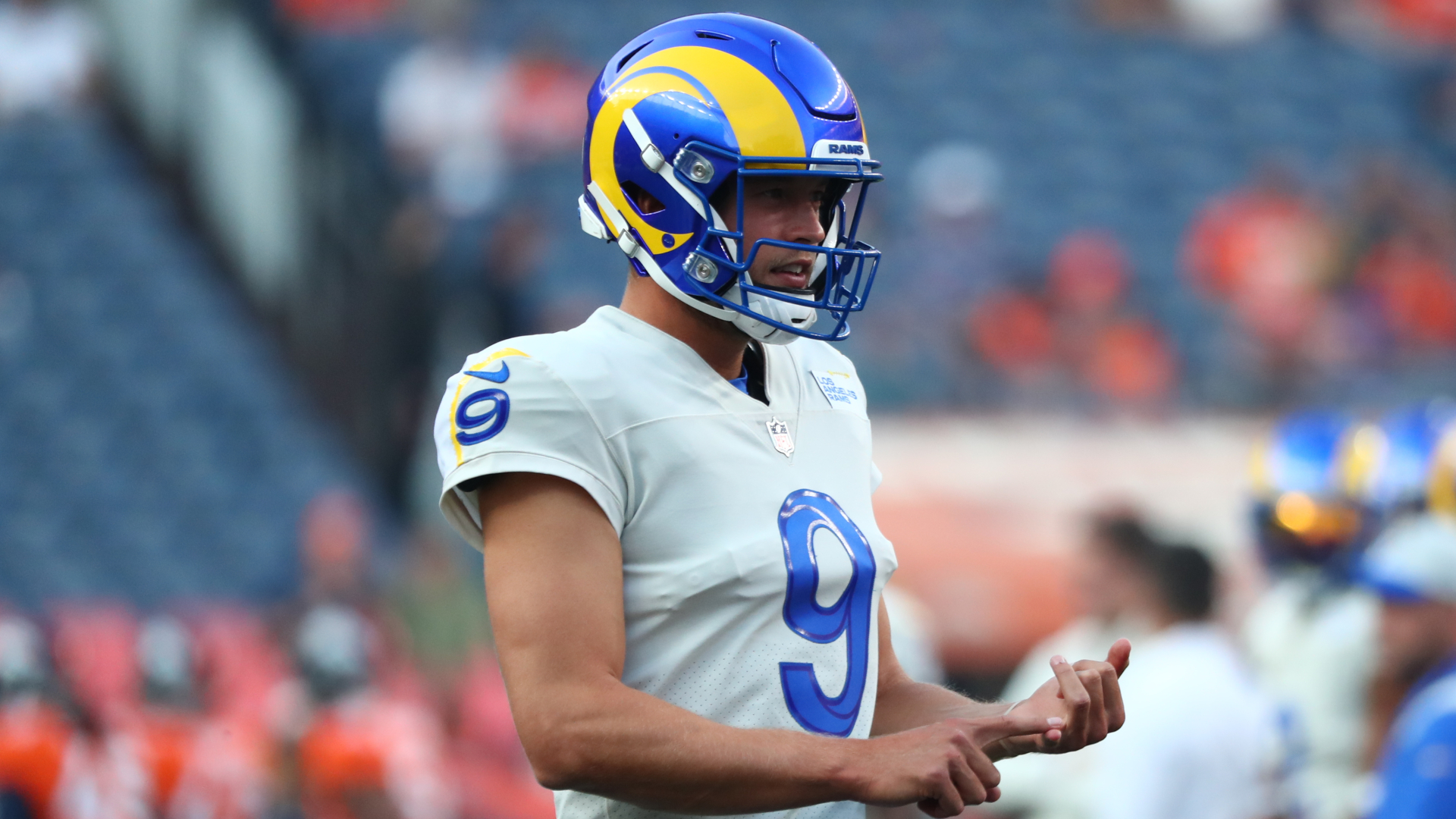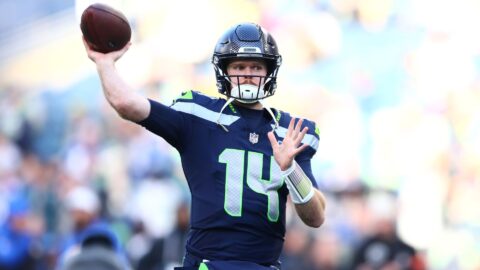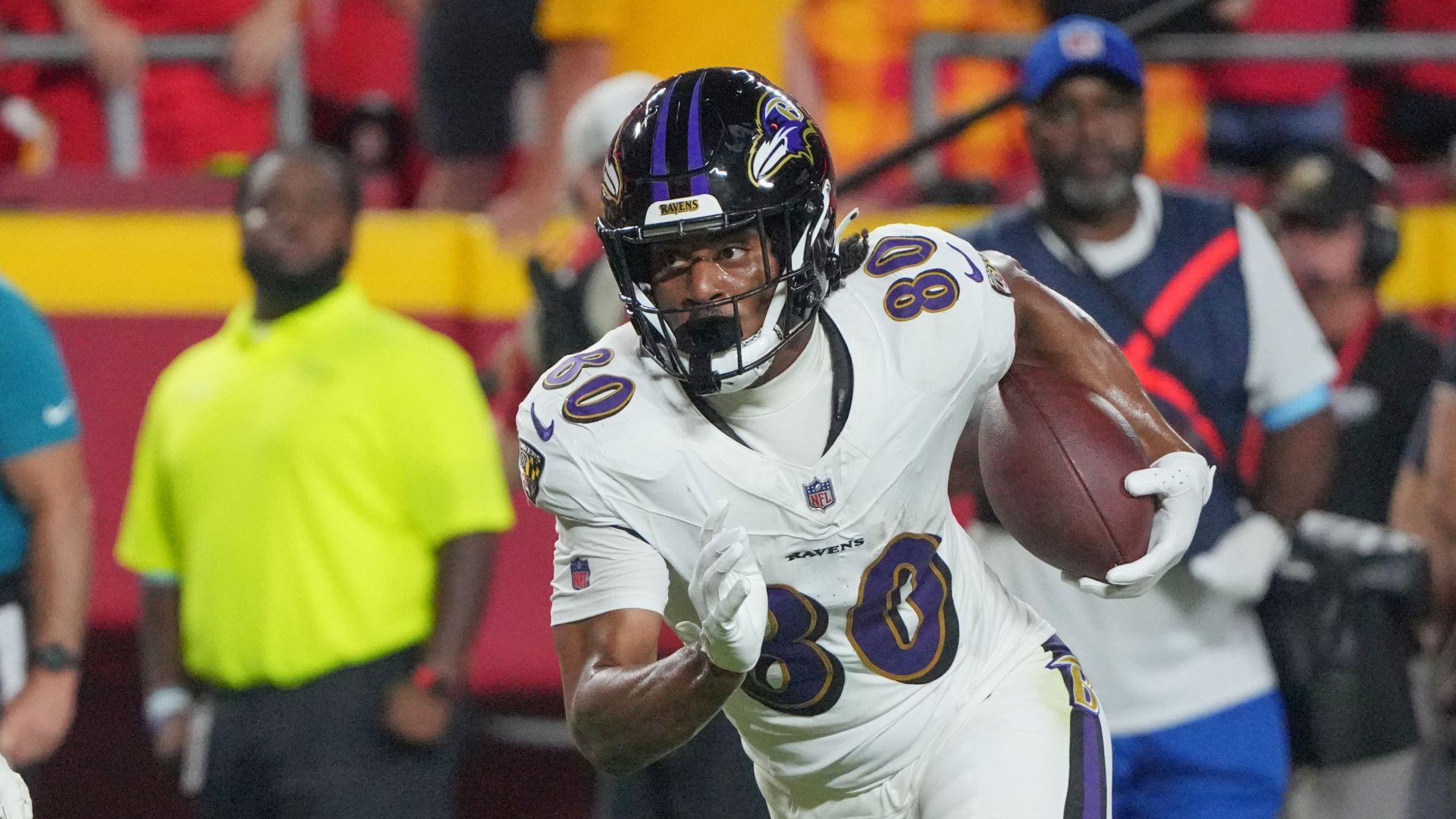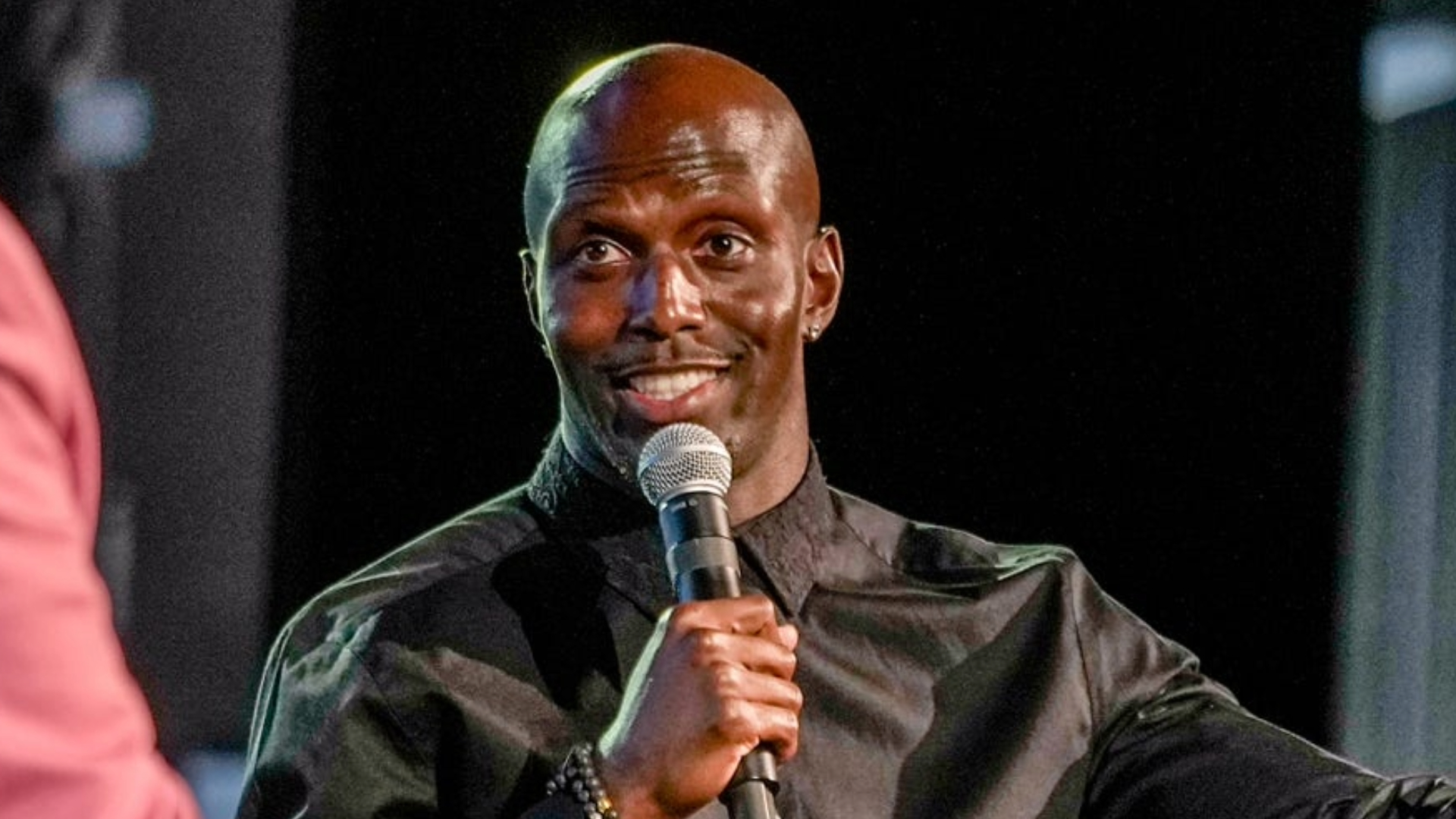Tom Brady had long maintained that he wanted to play until age 45. He didn't, retiring six months shy of his 45th birthday.
That's about the only goal Brady did not reach during his phenomenally successful, incomparably prolific, seemingly interminable NFL career, which officially came to an end Tuesday after 22 seasons.
"This is difficult for me to write, but here goes: I am not going to make that competitive commitment anymore," Brady wrote in a statement posted on his social media channels. "I have loved my NFL career, and now it is time to focus my time and energy on other things that require my attention."
Brady, the overlooked sixth-round draft pick who became an NFL icon, walks away from the game with a truckload of league records, most notably his seven Super Bowl titles, which are more than any franchise has amassed. No other quarterback has more than four.
He won 35 playoff games. Second-place Joe Montana -- Brady's childhood Bay Area idol -- won 16. He won 243 regular-season games. Brett Favre and Peyton Manning are tied for a distant second with 186. The winningest active QB, Aaron Rodgers, is more than 100 victories behind (139).
Brady failed to reach the conference championship round just six times in 20 seasons, excluding his year as a rookie backup and the 2008 campaign he missed with a torn ACL -- the only injury in his career that caused him to miss game time. That includes a streak of eight consecutive AFC title games from 2011 to 2018, during which the Patriots won three Super Bowls and played in two more.
There have been 21 Super Bowls since he replaced Drew Bledsoe on that fateful September night in 2001, including the one set to take place next Sunday at SoFi Stadium. Brady played in 10 of them.
And those are just the team-based accolades. As a passer, Brady ranks first all-time in yards (84,520), attempts (11,317), completions (7,263) and touchdowns (624). He leads all of those categories in the postseason, as well. All told, Brady threw for 97,569 yards and 710 touchdowns in his career, pacing both categories by an enormous margin. Drew Brees, who ranks second in both, trails Brady by more than 10,000 yards (85,724) and more than 100 touchdowns (608).
Brady was voted to 15 Pro Bowls, earned three NFL Most Valuable Player Awards and was a five-time Super Bowl MVP -- an honor only four other players have received more than once. The moment he's eligible, he'll have a bust in the Pro Football Hall of Fame. Maybe an entire wing.
What truly separated Brady, though -- what elevated him over legends like Montana and elite contemporaries like Manning, Brees, Rodgers, Favre and Ben Roethlisberger -- was his truly astounding longevity.
To many, Brady's status as the greatest quarterback in NFL history was solidified when he, at age 39, powered the Patriots back from a 28-3 deficit to stun the Atlanta Falcons and the football world in Super Bowl LI. That was in February 2017 -- five years ago this Saturday.
After that iconic game, which pushed Brady past Montana's record marks of four championships and three Super Bowl MVPs, he went on to:
-- Win his third NFL MVP the following season
-- Throw for 505 yards and three touchdowns in a Super Bowl loss
-- Win his sixth Super Bowl with the Patriots (and third in five years), becoming the oldest quarterback to hoist the Lombardi Trophy
-- Leave the NFL's greatest coach and the only team he'd ever known to join a franchise that hadn't won a playoff game since 2002
-- Immediately lead that team to a Super Bowl title, taking home Super Bowl MVP honors in the process
-- Follow that up by leading the NFL in pass attempts, completions, passing yards and passing touchdowns at age 44
-- Erase a 27-3 second-half deficit in his final playoff game, only for his team to lose on a defensive breakdown
Brady won the Super Bowl in his first season as a starter and his 20th -- with five more in between -- and in his 21st, he was a legitimate NFL MVP candidate. Even with elite quarterback talent flowing into the NFL at a faster rate than ever, his résumé will never be replicated.

